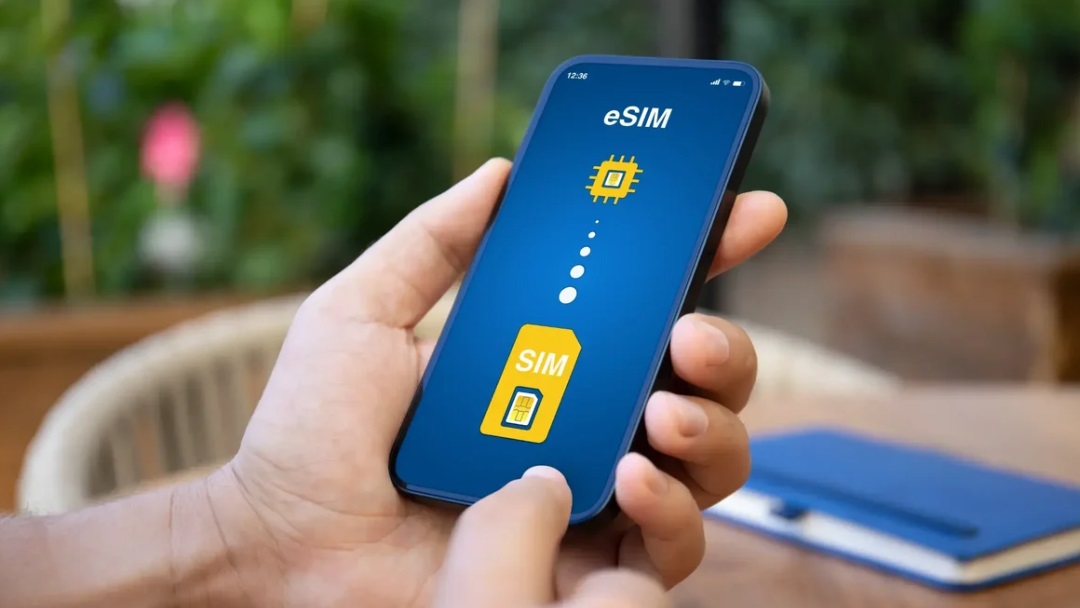
On October 13, China’s top three telecom carriers—China Unicom, China Mobile, and China Telecom—announced regulatory approval to begin commercial pilot programs for eSIM mobile services. During this trial phase, services will primarily be offered through physical service centers, though users can contact official hotlines for inquiries, appointments, or guidance.
What is eSIM?
An eSIM (embedded SIM) eliminates the need for a physical card by integrating SIM functionality directly into a device’s chipset. This enables users to activate networks, switch or deactivate SIM profiles, or cancel accounts without handling physical SIMs. Key advantages over traditional SIMs include:
- Flexibility: Easily switch between multiple phone numbers.
- Design Efficiency: Frees up internal space for larger batteries, cameras, or other components.
- Durability: Enhanced water resistance due to the absence of a removable card slot.
Operator Updates
- China Unicom was the first to disclose its approval, launching an eSIM pre-registration portal. By press time, nearly 70,000 users had signed up. Customers can apply via the Unicom app or in-store and call 10010 for support.
- China Telecom has not yet enabled online applications. Users must visit an offline outlet with an eSIM-compatible device. The carrier confirmed support for the iPhone Air and plans to expand to models from Huawei, OPPO, and others soon.
- China Mobile is also processing eSIM requests exclusively at physical stores. Users can locate participating outlets through its mobile app.
All three operators have introduced dedicated eSIM sections within their apps to streamline access.






